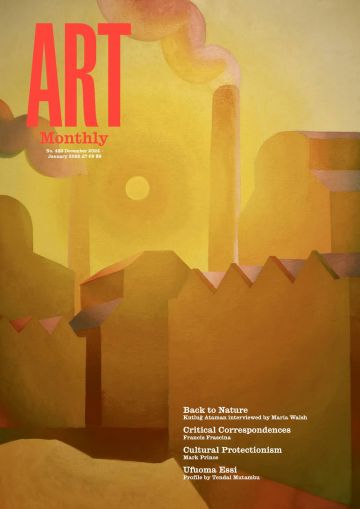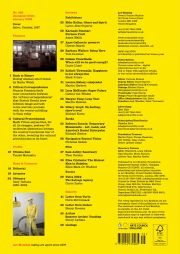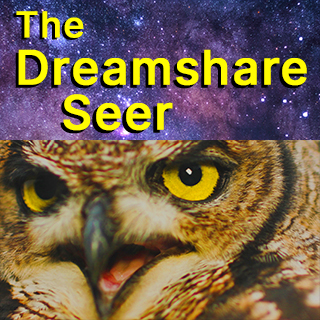Art Monthly 482
Dec-Jan 24-25
Kutlug Ataman
Interviewed by Maria Walsh
Critical Correspondences
Francis Frascina
Cultural Protectionism
Mark Prince
Ufuoma Essi
Profile by Tendai Mutambu
Buy Now – select:
Want to read this right now?
Get instant access to the entire back catalogue via Exact Editions from only £8.99!
Contents
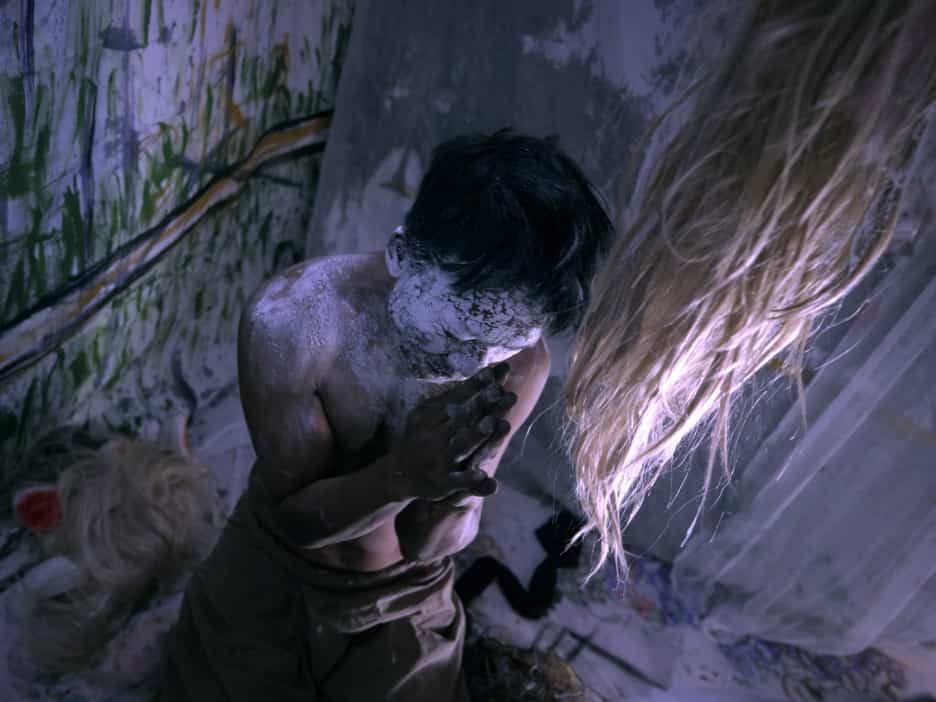
Kutlug Ataman, Snow White, 2024
Interview
Back to Nature
Kutlug Ataman interviewed by Maria Walsh
I went back into nature and started taking care of animals and planting a lot of trees, which is a ritual I do every year; I plant 5,000 trees. Doing all this holistic work gave me the freedom to reset my mind. Suddenly you start thinking of new art projects.
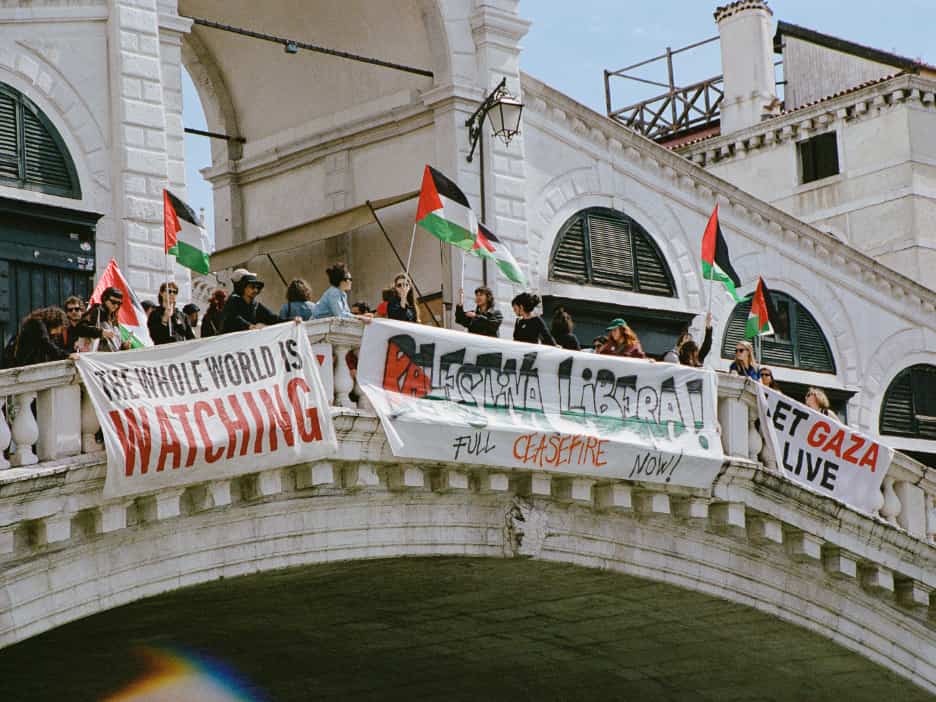
ANGA collective campaigning at the 2024 Venice Biennale
Feature
Critical Correspondences
Francis Frascina finds clear connections between the ‘critical correspondences’ that Bertolt Brecht drew between image and text in his wartime journals and the events unfolding in Gaza today
At Raven Row, Brecht’s image and text from 1941 made me think, again, of Theodor Adorno’s question posed in 1959: ‘What does working through the past mean?’, and his argument that ‘after Auschwitz’ there was a necessity, no matter how complicated, for postwar Germans to examine the Nazi era.
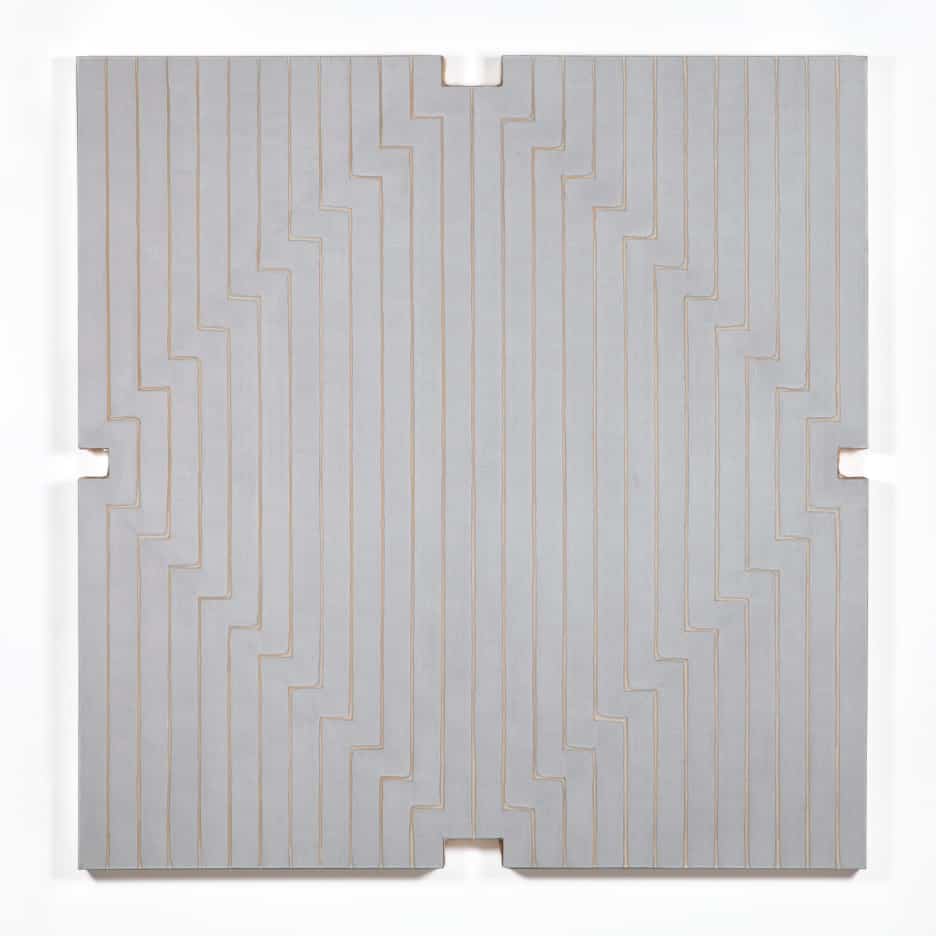
Sturtevant, Stella Averroes, 1989/90
Feature
Cultural Protectionism
Mark Prince argues that, for all its swagger, postwar US modernist abstraction betrays the country’s perennial fear of the other, revealing the cultural protectionism at its heart
Consider the rich seam of postwar formalism in US art as cultural protectionism: a metaphor that allows some shades of the primary economic sense of that term, although this is a form of production more defined by what it withholds than what it offers.
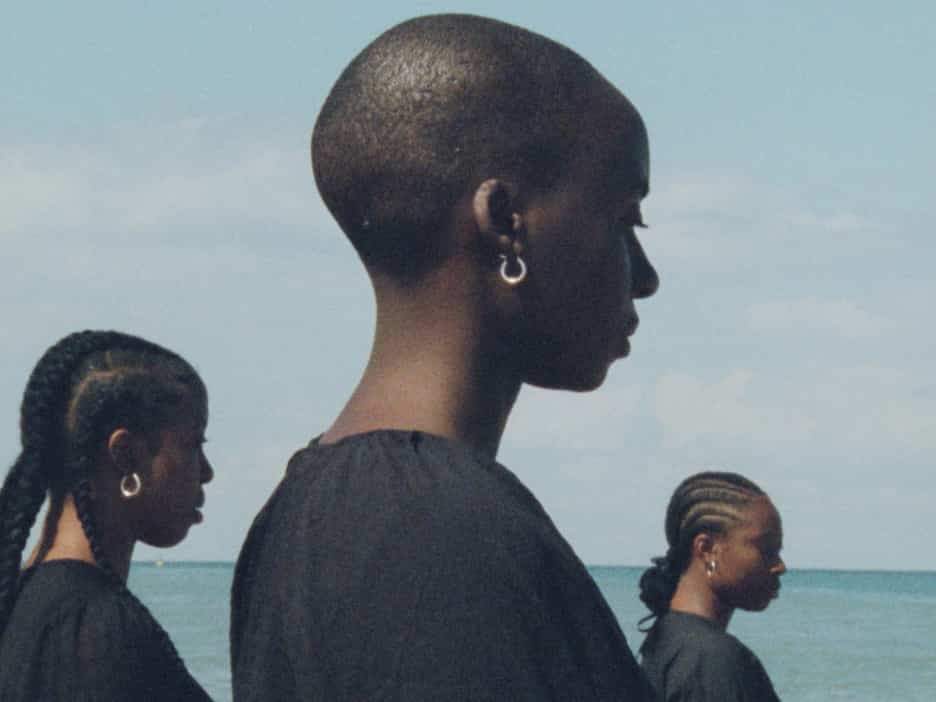
Ufuoma Essi, Bodies in Dissent, 2021
Profile
Ufuoma Essi
Tendai Mutambu
As if to visualise the unbidden return of repressed memories in our compulsion to replay them, Ufuoma Essi’s shots bounce back several times, repeating like reverb or a broken record.
Editorial
The Trifecta Factor
The results of the US presidential election have significant implications for the whole world, not least the civilian victims of wars being perpetrated whether by regimes the US currently counts as allies or as enemies.
For the ‘losers’, as Donald Trump would no doubt call those who did not vote for him, there was only despair. Losing the presidency is one thing, but the fact that the Republicans also won a majority in both the Senate and the House of Representatives – the trifecta – was so much worse.
Artnotes
Budget Blues
The first budget of the Labour administration gives cold comfort to the arts sector; a study shows that arts leaders are overwhelmed; Just Stop Oil tones down it stunts targeting artworks; Russia’s state collection of contemporary art is put at risk; the US National Archives modifies future displays to mollify white conservatives; plus the latest on galleries, people, awards and more.
Obituary
Gary Indiana 1950–2024
Chris Townsend

Rirkrit Tiravanija, untitled 1996 (rehearsal studio no. 6), 1996/2024, Martin Gropius Bau, Berlin
Exhibitions
Mike Kelley: Ghost and Spirit
Tate Modern, London
Larne Abse Gogarty
Karanjit Panesar: Furnace Fruit
Leeds Art Gallery
Amna Malik
Anya Gallaccio: preserve
Turner Contemporary, Margate
Cherry Smyth
Barbara Walker: Being Here
Whitworth Art Gallery, Manchester
Tom Denman
Osman Yousefzada: When will we be good enough?
The Box, Plymouth
Lizzie Lloyd
Rirkrit Tiravanija: Happiness is not always fun
Martin Gropius Bau, Berlin
Mark Prince
Lauren Halsey: emajendat
Serpentine Galleries, London
Martin Herbert
Lucy McKenzie: Super Palace
Z33, Hasselt
Camiel van Winkel
Heague Yang: Leap Year
Hayward Gallery, London
Martin Holman
Hilary Lloyd: Ok darling, show’s over!
Roland Ross, Margate
Michael Kurtz
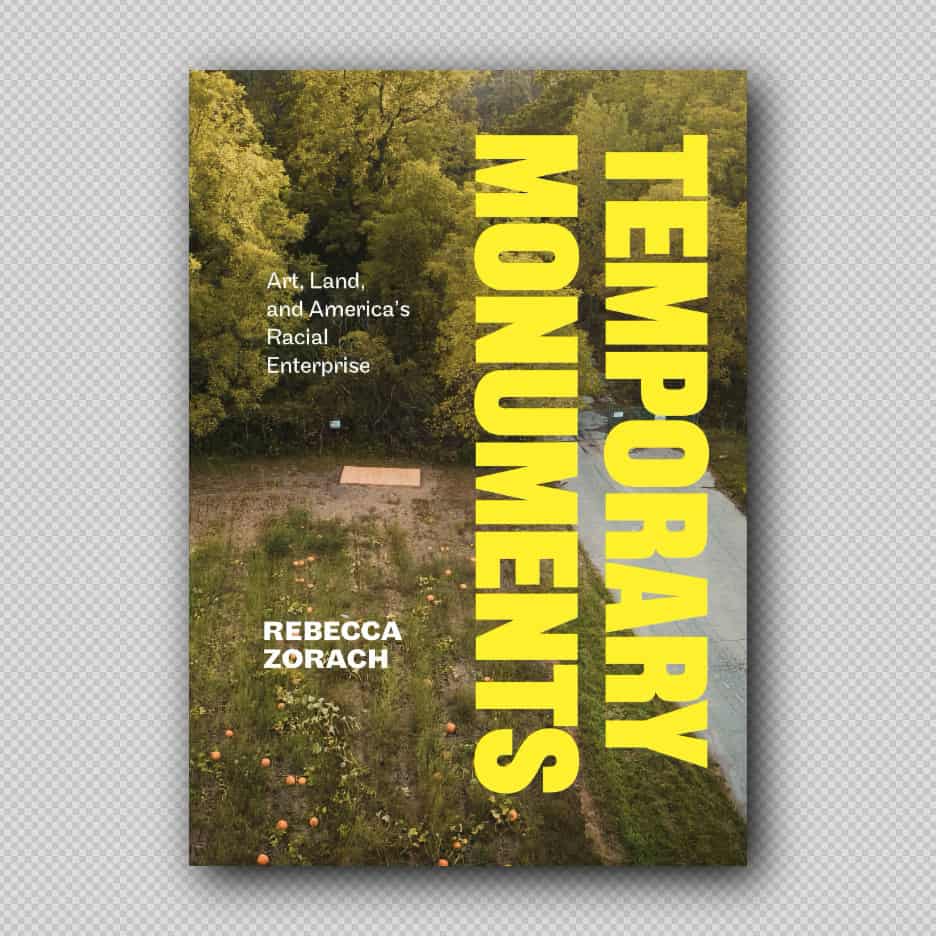
Temporary Monuments
Books
Rebecca Zorach: Temporary Monuments – Art, Land, and America’s Racial Enterprise
Richard Hylton
Rebecca Zorach’s complex but gripping narrative debunks myths of American modernism’s apoliticism and firmly implicates it in the nation’s racial enterprise.
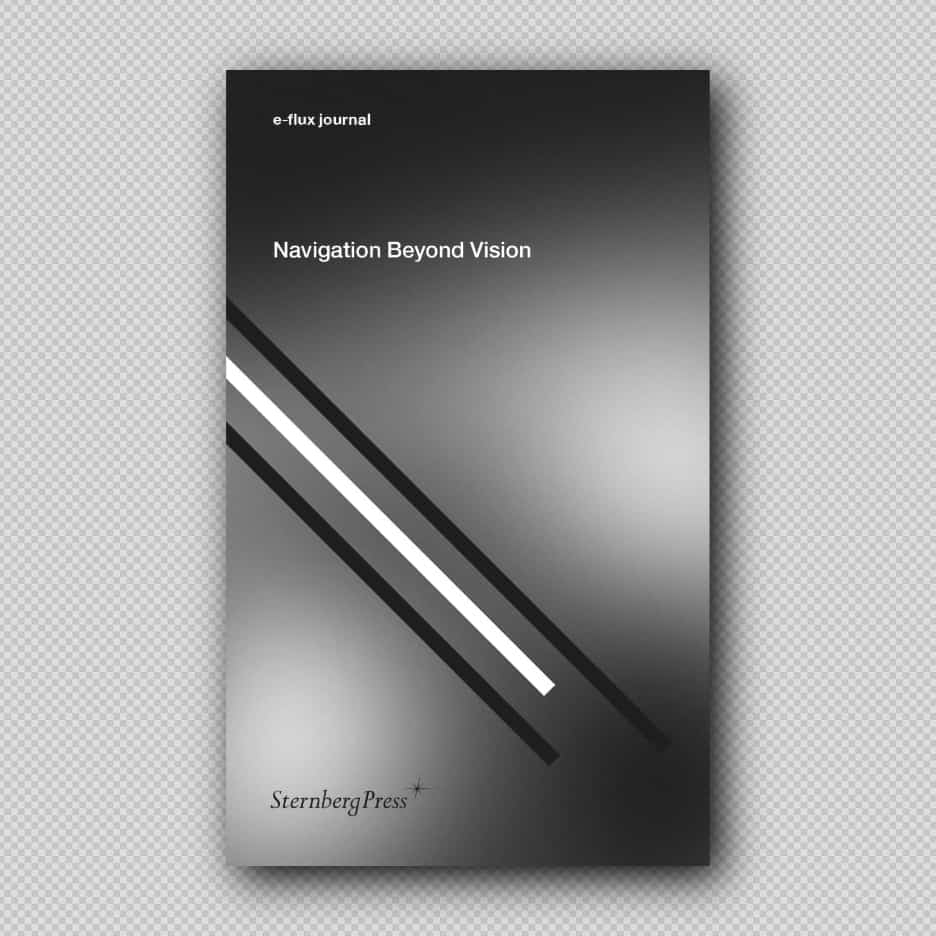
Navigation Beyond Vision
Books
Navigation Beyond Vision
Nicholas Gamso
This book of essays was inspired by a claim that German video artist Harun Farocki made a few weeks before his death in 2014: that navigable, computer-rendered worlds would supplant cinematic montage as the topos of 21st-century visual culture.
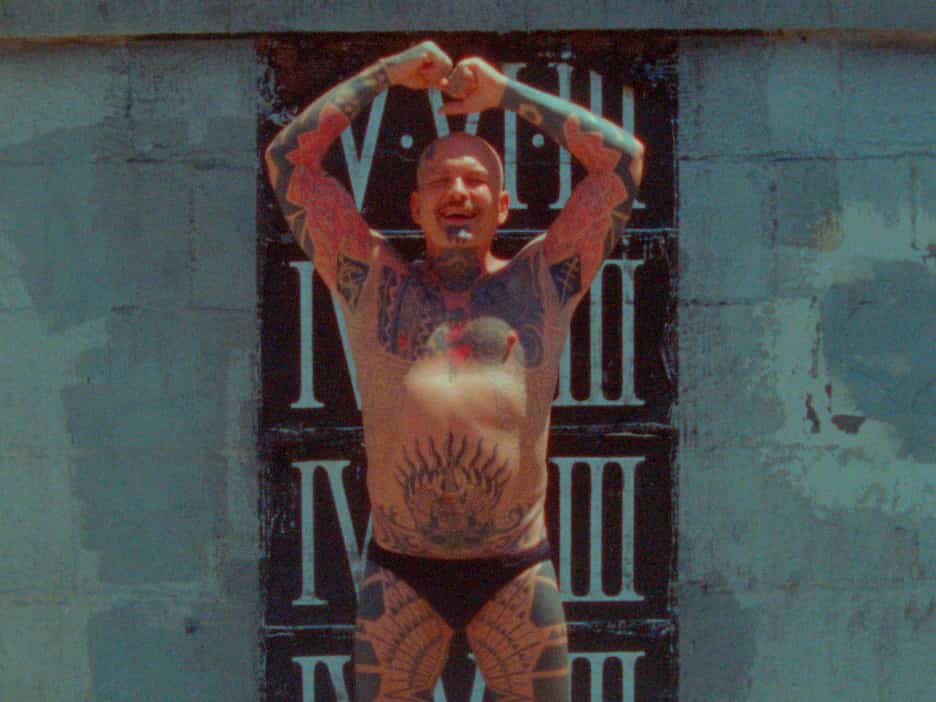
Sam Ashby, Sanctuary, 2024
Film
Sam Ashby: Sanctuary
Theo Gordon
By juxtaposing road-trip footage of flowers and birds in the blue sky with Purusha’s desire to enable people to expand consciousness, the filmmaker seemingly breaks with Purusha’s proscriptions on when and how transcendence can be accessed, suggesting that it can continually permeate our lives if one looks in the right places.
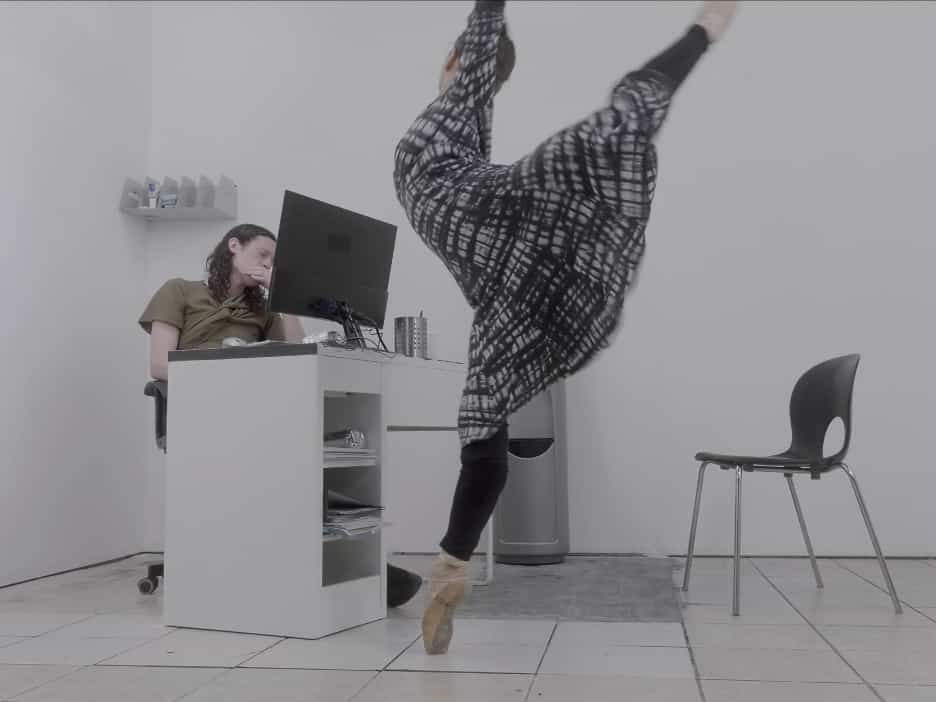
Nina Cristante, The Richest Man in Babylon, 2024
Film
Nina Cristante: The Richest Man in Babylon
Ellen Mara De Wachter
Elda dances her heart out to explain her predicament, while her doctor stares at the clock before handing her antidepressants. We are left to guess at the cause of Elda’s illness: overwork, an excess of empathy, the brutality of modern city life or freelance survival?
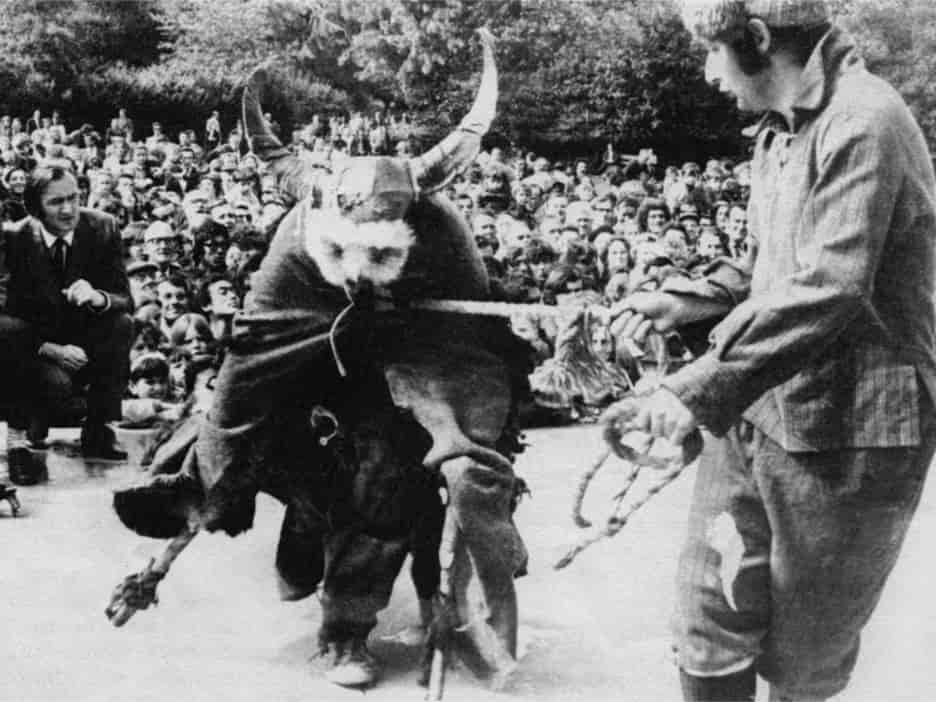
Seanie Barron dressed as An Poc Ar Buile (The Mad Puck Goat), c1970
Events
Tulca 2024: The Salvage Agency
Chris Clarke
Tulca occupies most of the city’s arts spaces with a programme of performances, talks and screenings that elaborate on the festival’s central premise: how can art create something new from the wreckage of civilisation?
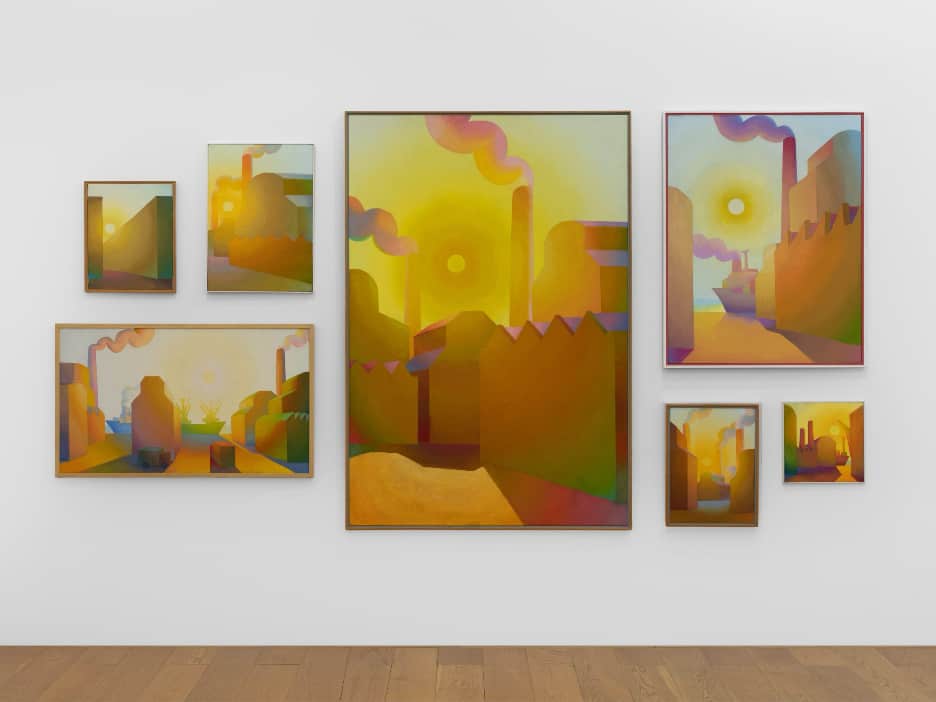
Salvo, ‘Arriving on Time’, Pinacoteca Agnelli
Reports
Letter from Turin
Chris McCormack
Strikingly, the curators batch work along the changing light of the day – from bright sunshine to sunset and night-time. This obsessive relation to the sky’s seasonal changes in colour in Salvo’s paintings characterises a certain romantic, even Arte Povera-like attachment to the fleetingness of the material world, albeit one inflected by the chemical emissions of local industry.
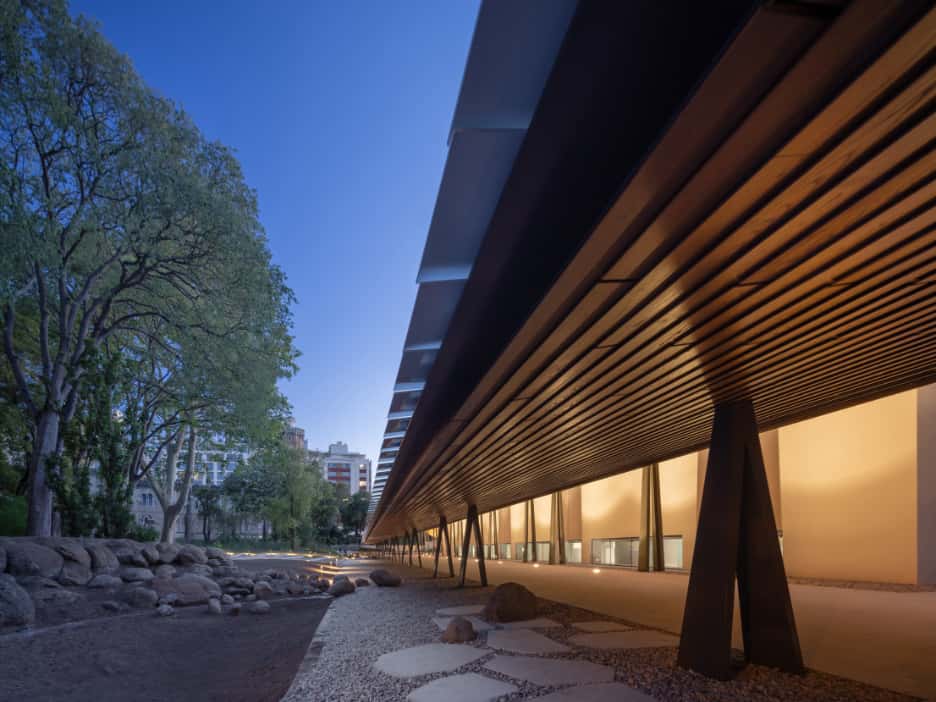
Kengo Kuma’s extension to the Centro de Arte Moderna Gulbenkian
Reports
Letter from Lisbon
Henry Broome
The structure is supported by recessed V-shaped columns that are cast under shadow, almost invisible: it appears as if the roof is levitating. The extension is considered neither public nor private, a transitional space between the museum and the city, intended to be a link between the old and the new, screening the original building while simultaneously revealing it.
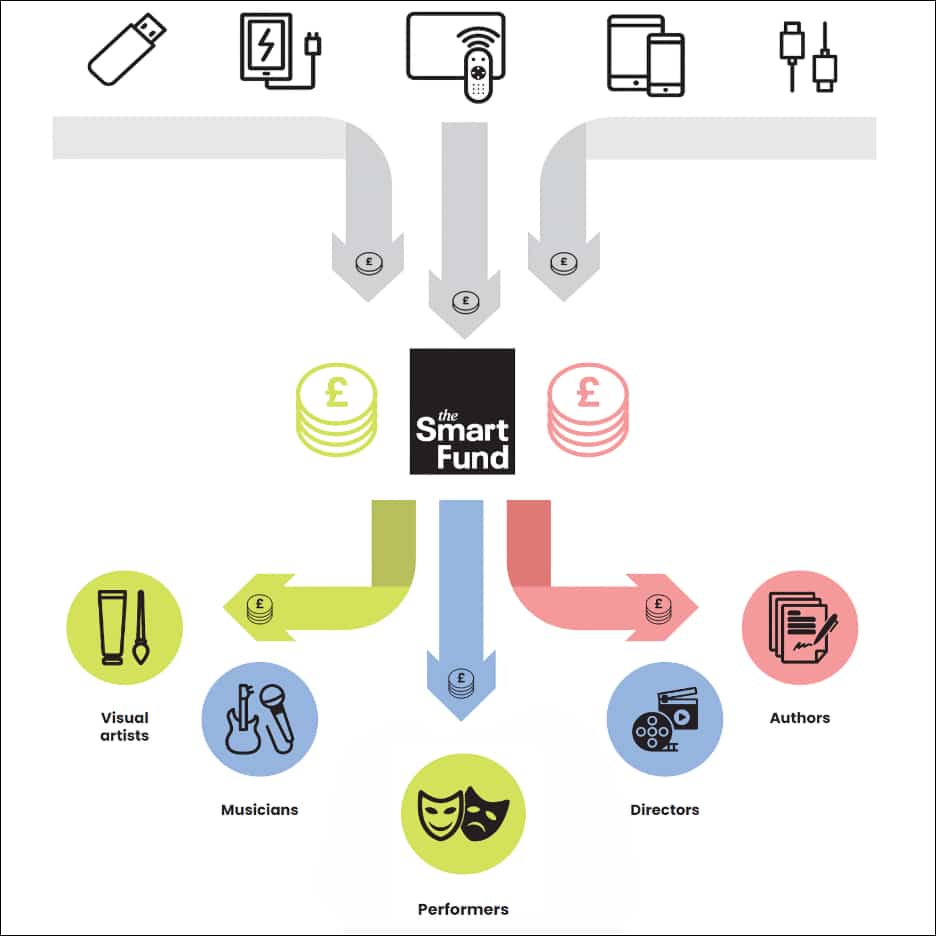
Smart Fund campaign graphic
Artlaw
Smarter Artists’ Funding
Henry Lydiate
Missing from the budget was a proposal that would not require government expenditure, but which would significantly benefit all UK creators, including visual artists: the creation of a national Smart Fund.

